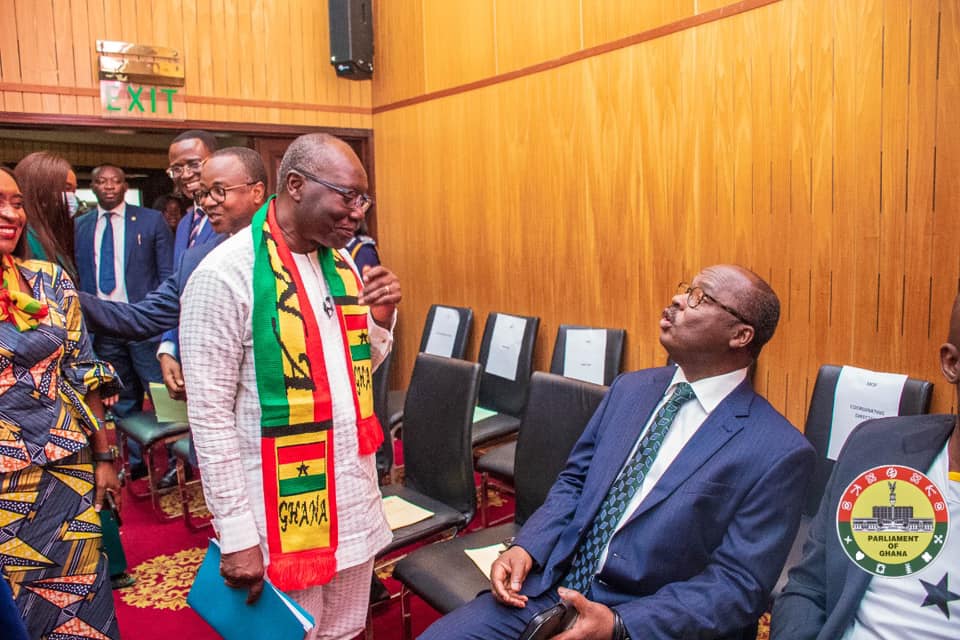
Based on the data of the central bank, the country’s domestic debt still stands at GH¢194.7 billion at the end of December 2022, representing 31.6% of GDP.
The external component of the country’s public debt shot up to GH¢382.7 billion in November 2022, equivalent to 62.1% of GDP.
This was from $28.4 billion (GH¢271.7 billion) in September 2022 and $28.3 billion in December 2021.
The data also showed that the Ghana Cedi depreciated by about 37 percent against the US dollar in 2022 – resulting in a significant rise in the cedi component of the external debt.
In November last year, Finance Minister Ken Ofori-Atta appearing before the ad-hoc committee probing the grounds of censure filed by the Minority in Parliament, revealed that GH¢330 billion loan has been invested in One-District-One Factory, education, interchanges, Planting for Food and Jobs and other sectors that he claims have benefitted the state.
He said despite the astronomical increase in Ghana’s debt stock, the focus should be on what the loans have been used for and their benefits to the nation.
Source:
www.pulse.com.gh
Source link

